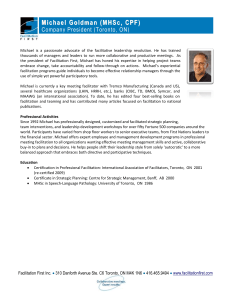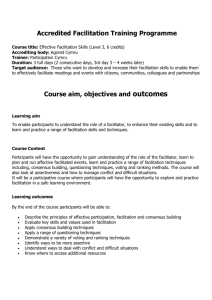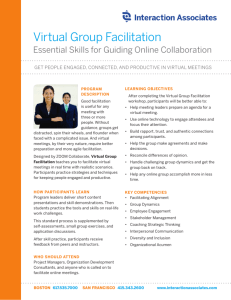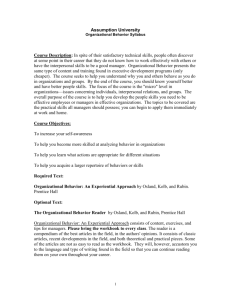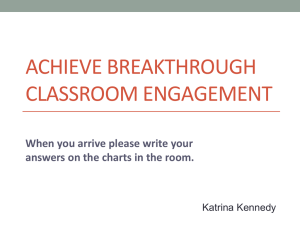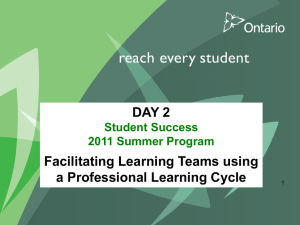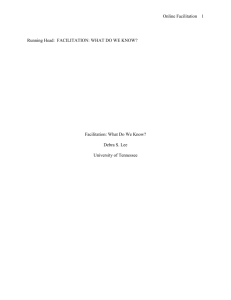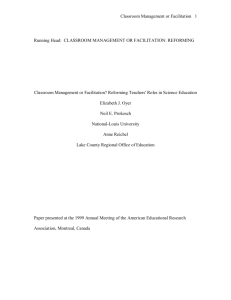America is in the Heart by Carlos Bulosan
advertisement
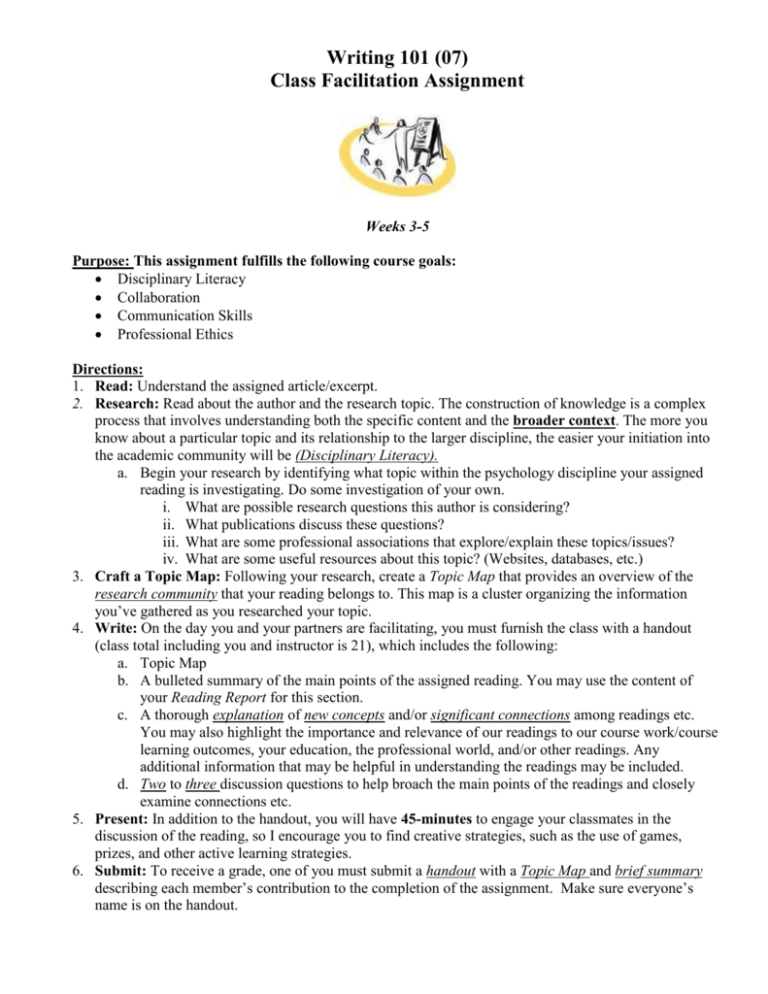
Writing 101 (07) Class Facilitation Assignment Weeks 3-5 Purpose: This assignment fulfills the following course goals: Disciplinary Literacy Collaboration Communication Skills Professional Ethics Directions: 1. Read: Understand the assigned article/excerpt. 2. Research: Read about the author and the research topic. The construction of knowledge is a complex process that involves understanding both the specific content and the broader context. The more you know about a particular topic and its relationship to the larger discipline, the easier your initiation into the academic community will be (Disciplinary Literacy). a. Begin your research by identifying what topic within the psychology discipline your assigned reading is investigating. Do some investigation of your own. i. What are possible research questions this author is considering? ii. What publications discuss these questions? iii. What are some professional associations that explore/explain these topics/issues? iv. What are some useful resources about this topic? (Websites, databases, etc.) 3. Craft a Topic Map: Following your research, create a Topic Map that provides an overview of the research community that your reading belongs to. This map is a cluster organizing the information you’ve gathered as you researched your topic. 4. Write: On the day you and your partners are facilitating, you must furnish the class with a handout (class total including you and instructor is 21), which includes the following: a. Topic Map b. A bulleted summary of the main points of the assigned reading. You may use the content of your Reading Report for this section. c. A thorough explanation of new concepts and/or significant connections among readings etc. You may also highlight the importance and relevance of our readings to our course work/course learning outcomes, your education, the professional world, and/or other readings. Any additional information that may be helpful in understanding the readings may be included. d. Two to three discussion questions to help broach the main points of the readings and closely examine connections etc. 5. Present: In addition to the handout, you will have 45-minutes to engage your classmates in the discussion of the reading, so I encourage you to find creative strategies, such as the use of games, prizes, and other active learning strategies. 6. Submit: To receive a grade, one of you must submit a handout with a Topic Map and brief summary describing each member’s contribution to the completion of the assignment. Make sure everyone’s name is on the handout. Grading Rubric: Note: You and your partners will receive the same grade. Please refer to the following grading rubric to guide your efforts. (1) Handout (Does it summarize the material accurately and concisely? Does it ‘shed light’ on the subject or themes discussed in the reading? Does it help the listeners to better grasp the content of the reading etc.?) 25 points (1) Discussion Questions (Are the questions open-ended, well worded, thought provoking, and relevant to the subject? Do the questions promote critical thinking and reflection?) 10 points (1) Facilitation (Is the facilitation clear, coherent, and effective— prompting good dialogue, encouraging critical thinking, ensuring all members of the community are participating etc.?) 30 points (1) Writing Conventions (Is the handout free of mechanical, grammatical, spelling, and citation errors (APA)?) 20 points (1) Topic Map (Does the map provide a thorough overview of the research community this topic belongs to?) 15 points Total: Due Dates: Class Facilitation 1: Cecilia, Chidera, Miguel, Hasmik Thursday 2/7/13 Sapolsky Class Facilitation 2: Marissa, Martha, Armando, Jessica G. Tuesday 2/12/13 Ekman Class Facilitation 3: Mariela, Allen, Fernanda Thursday 2/14/13 Cialdini Class Facilitation 4: Robert, Araceli, Erendira Thursday 2/14/13 Taylor Class Facilitation 5: Jessica A., Ana, Tatiana Tuesday 2/19/13 Kagan 100 points



